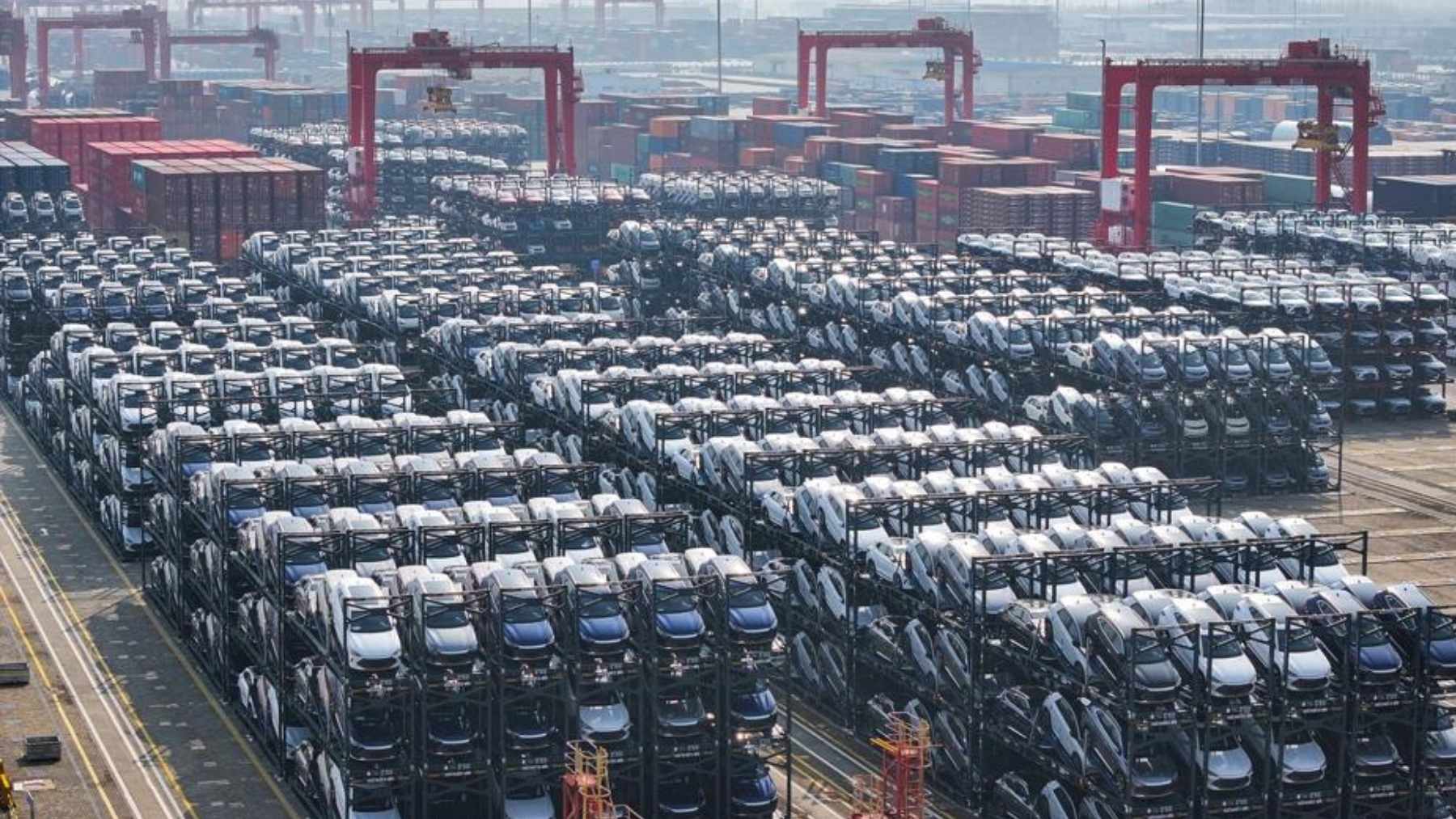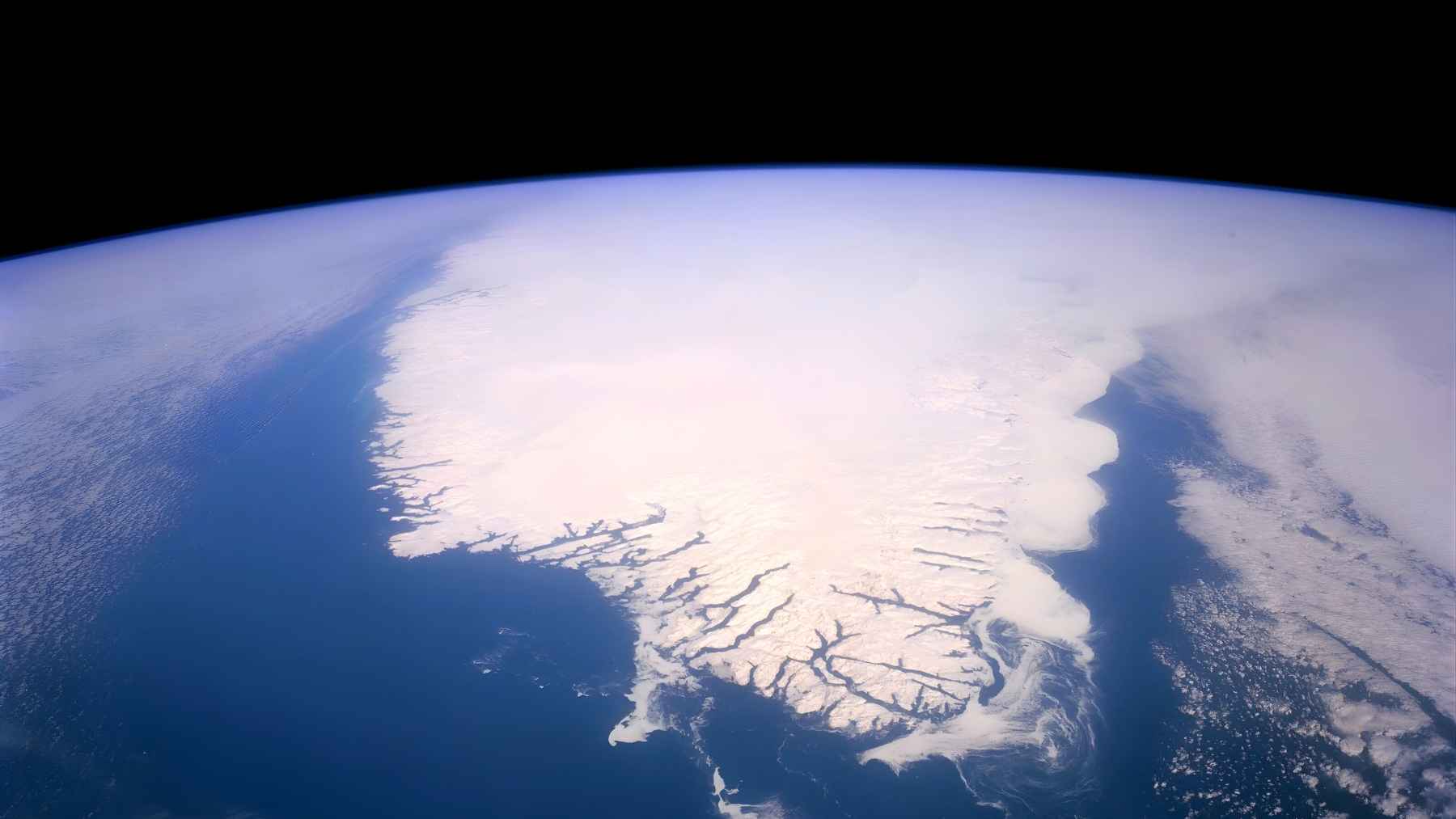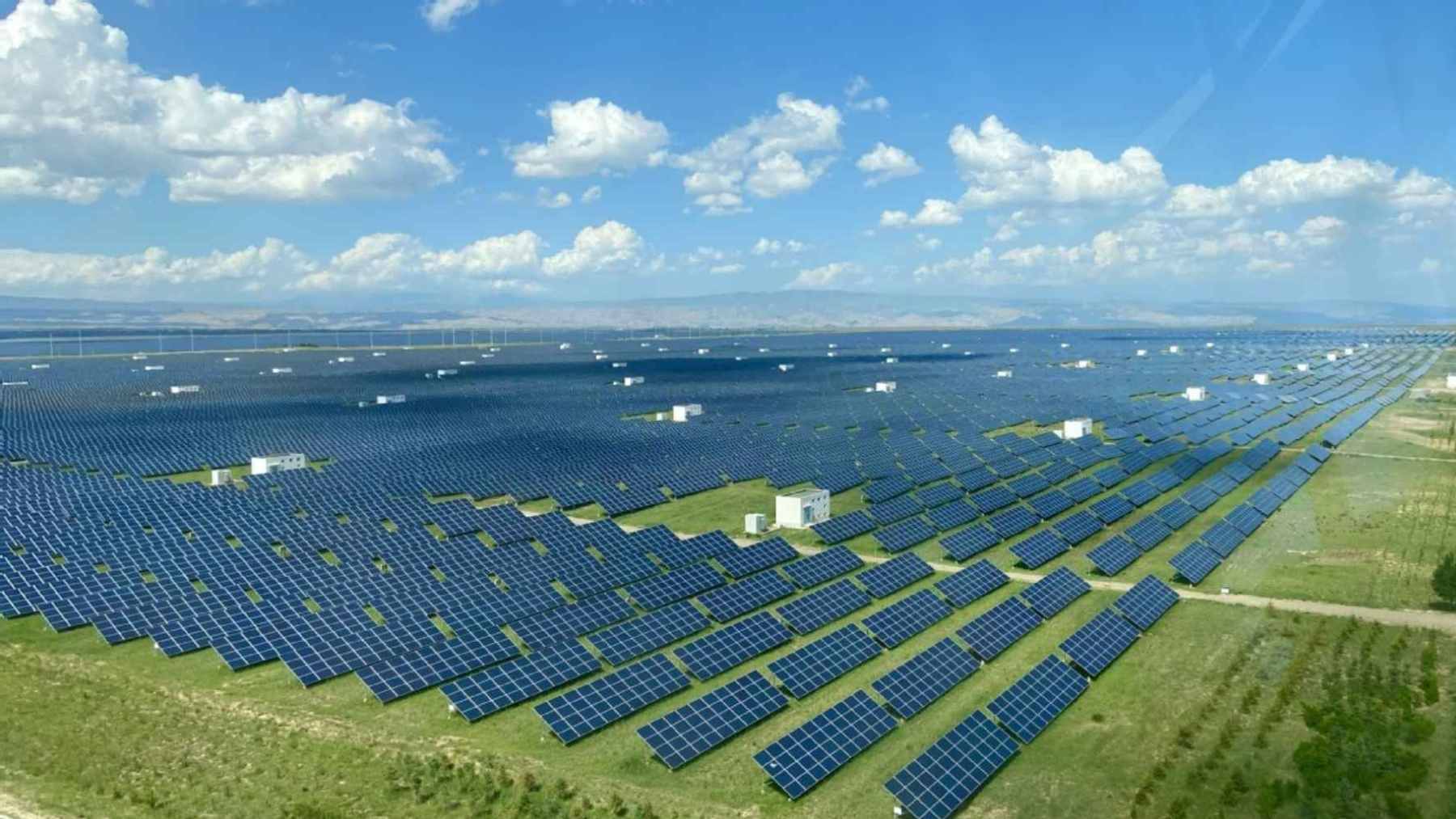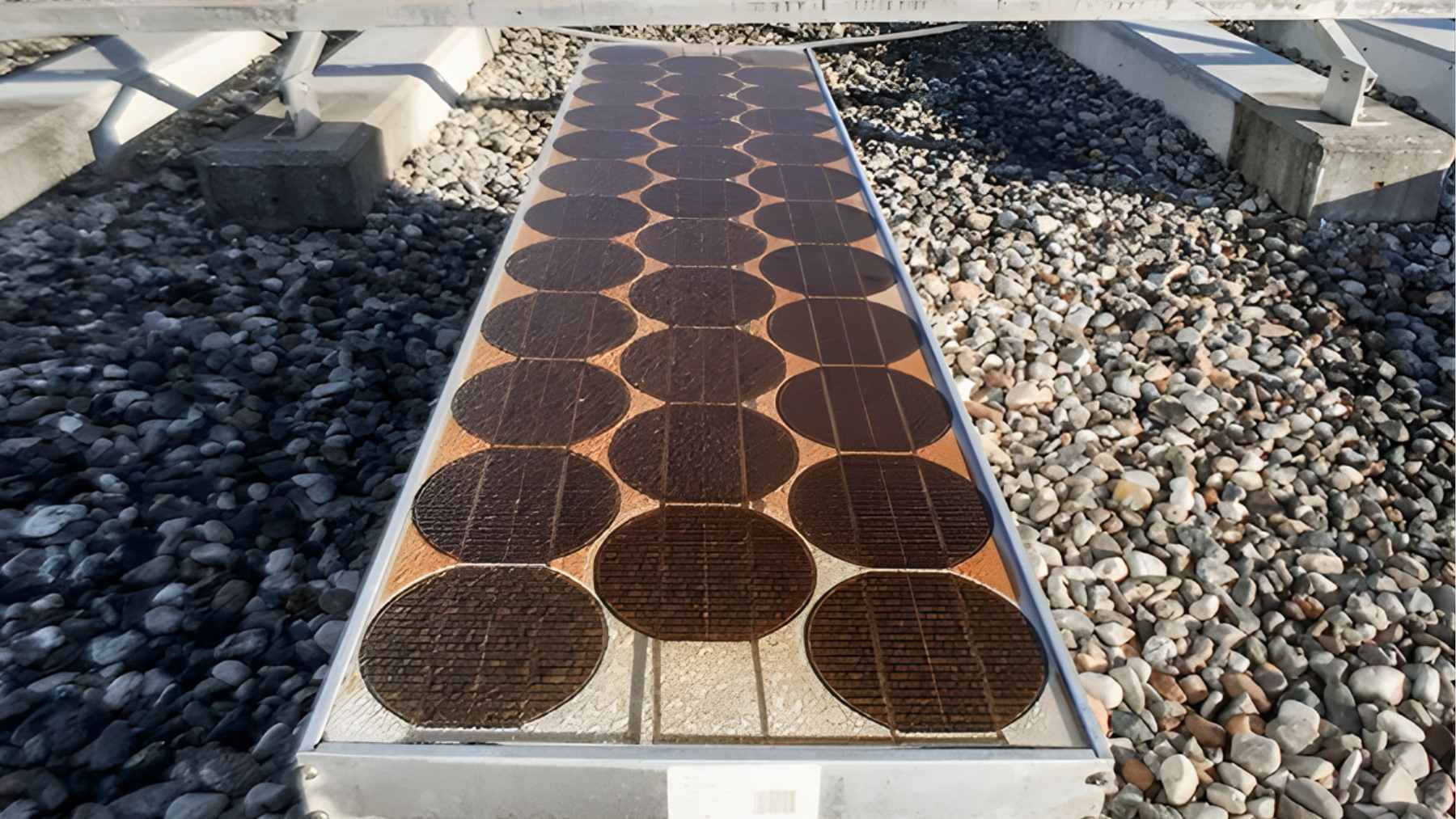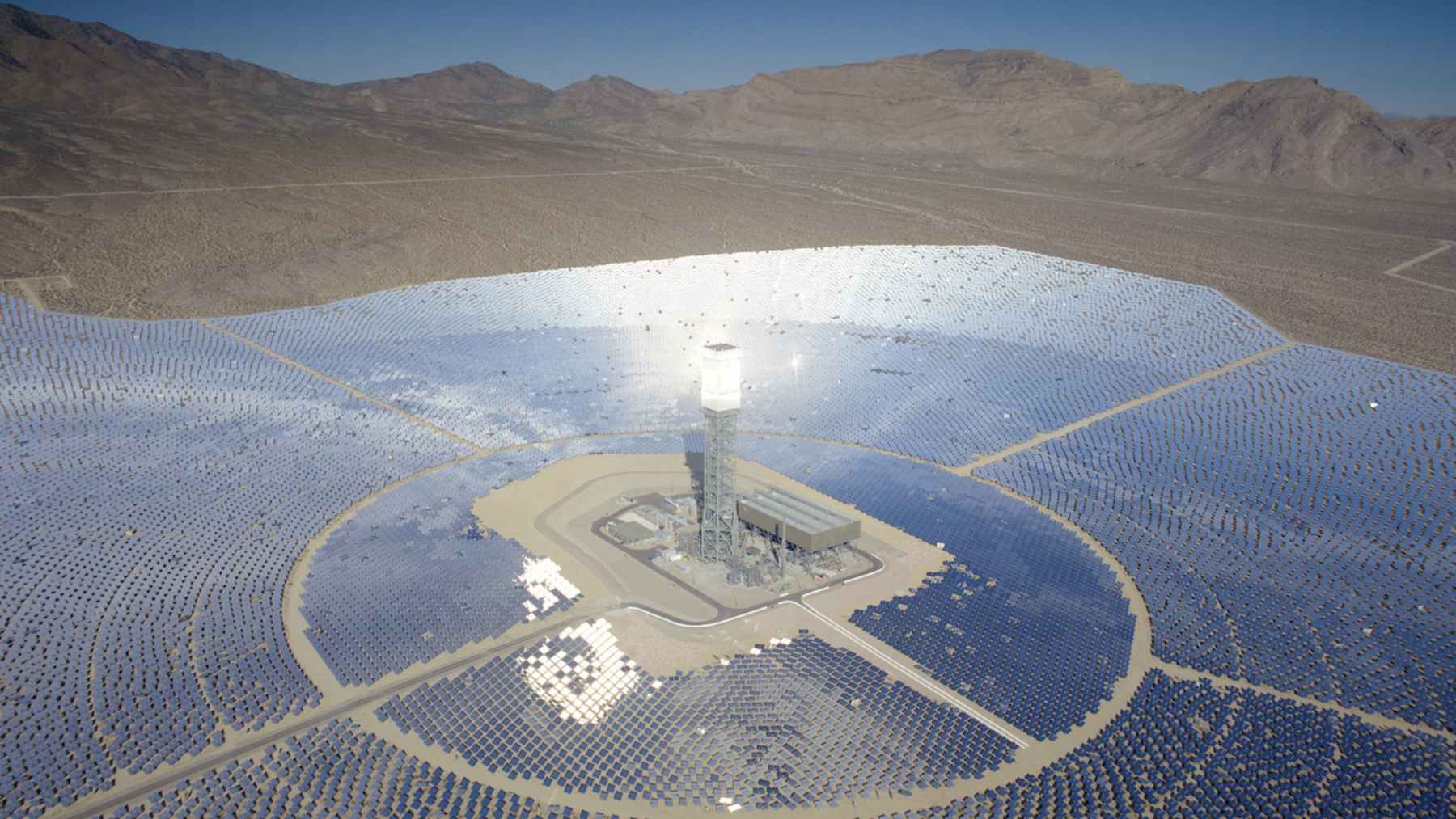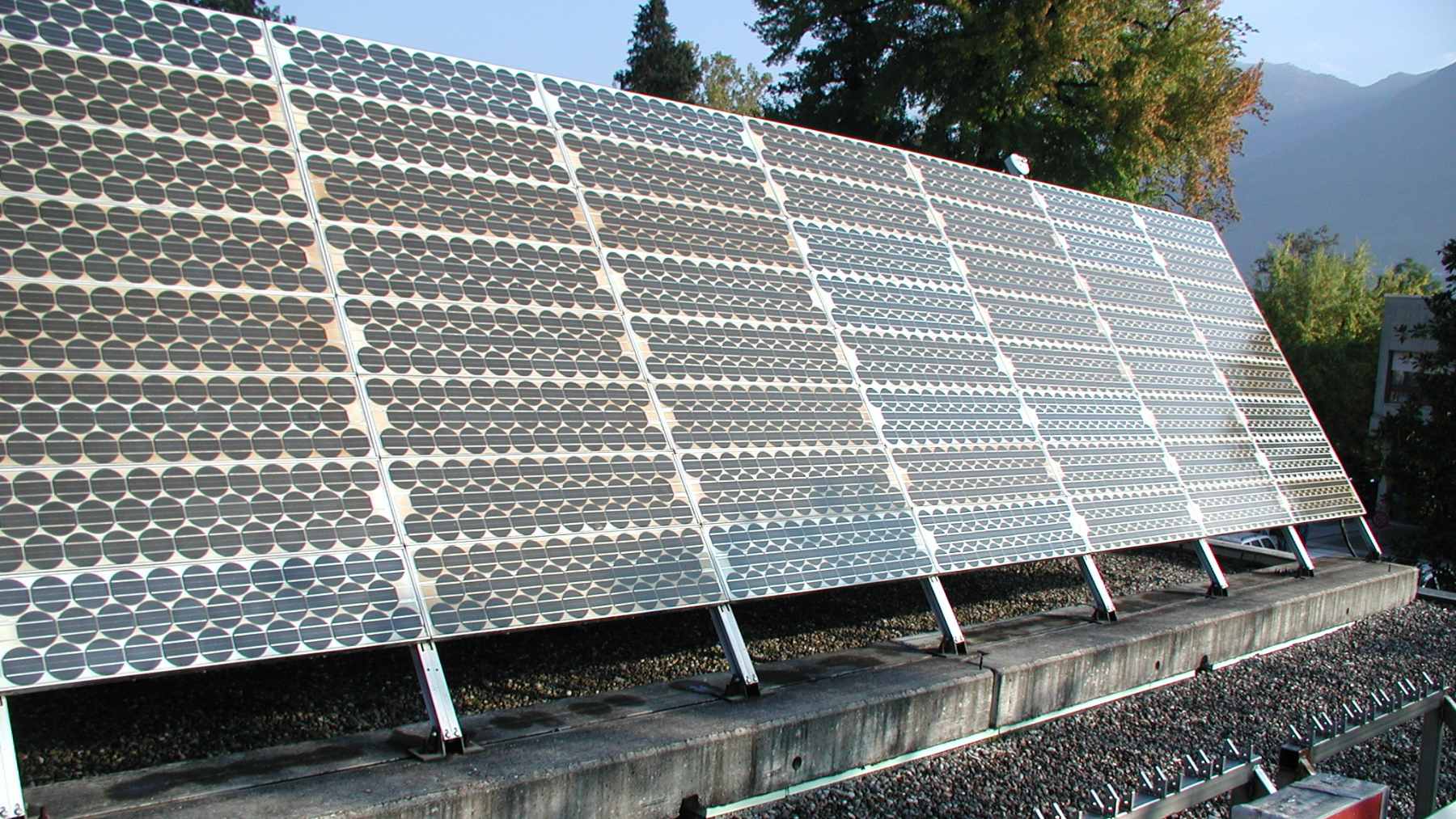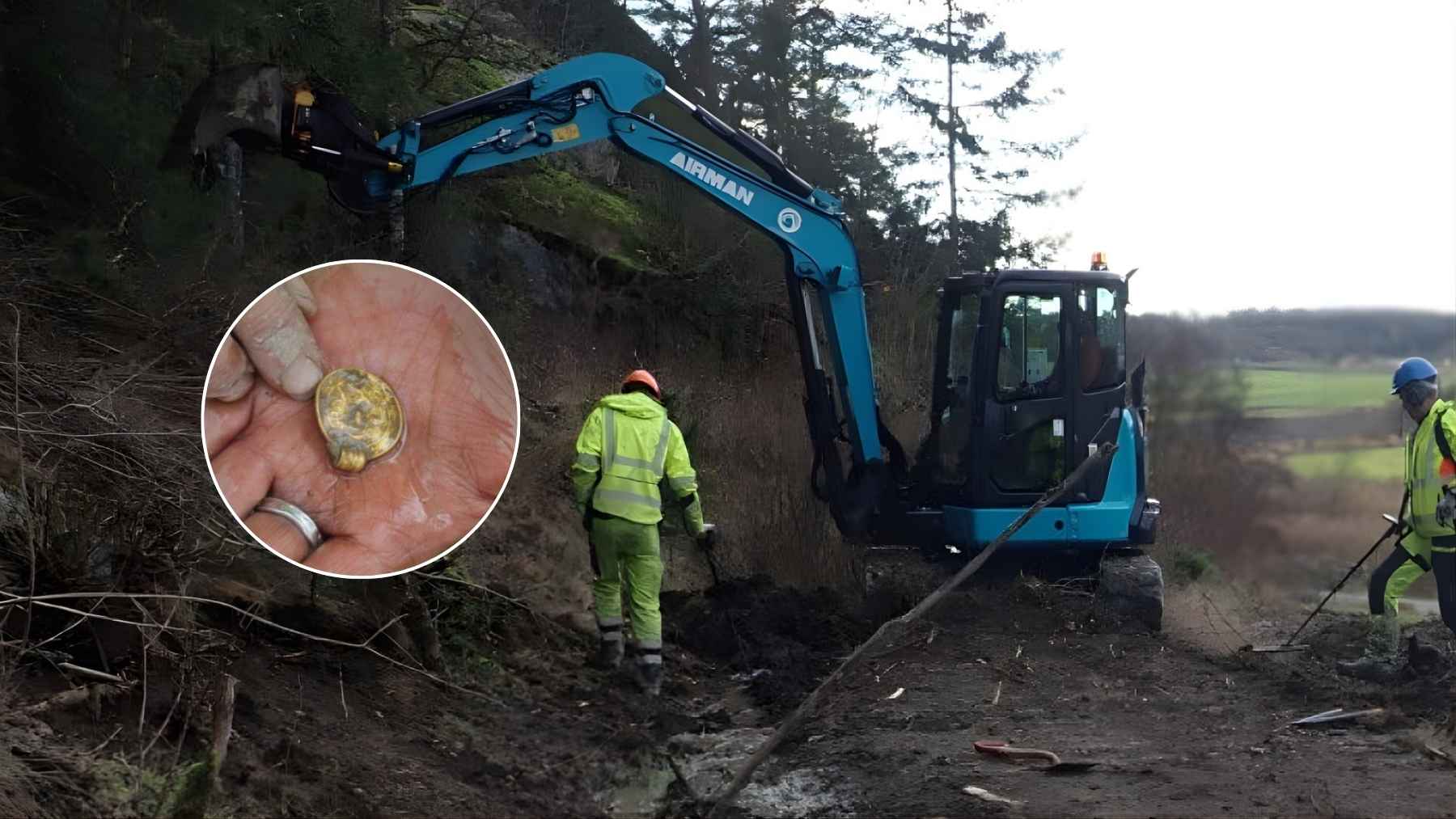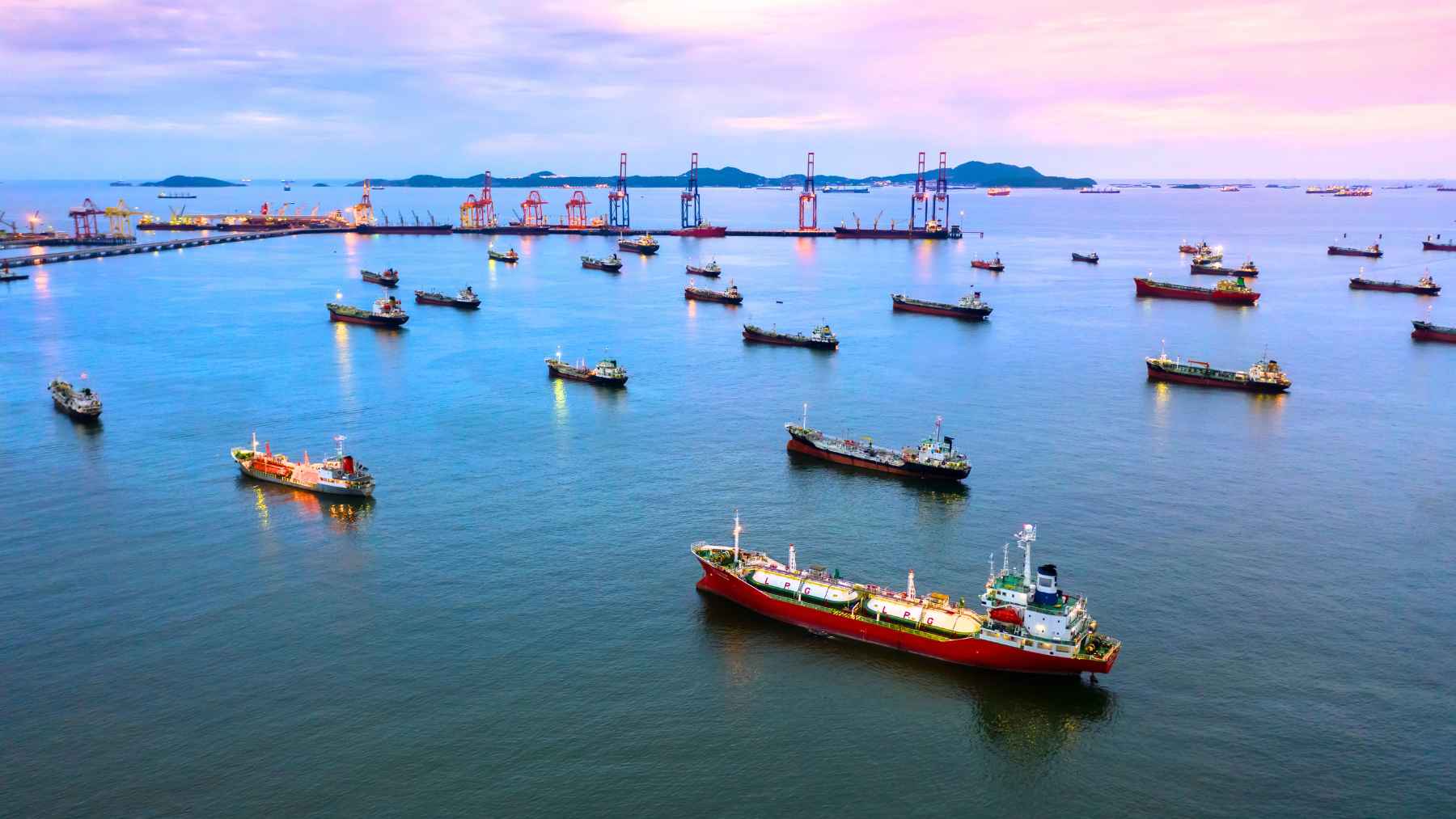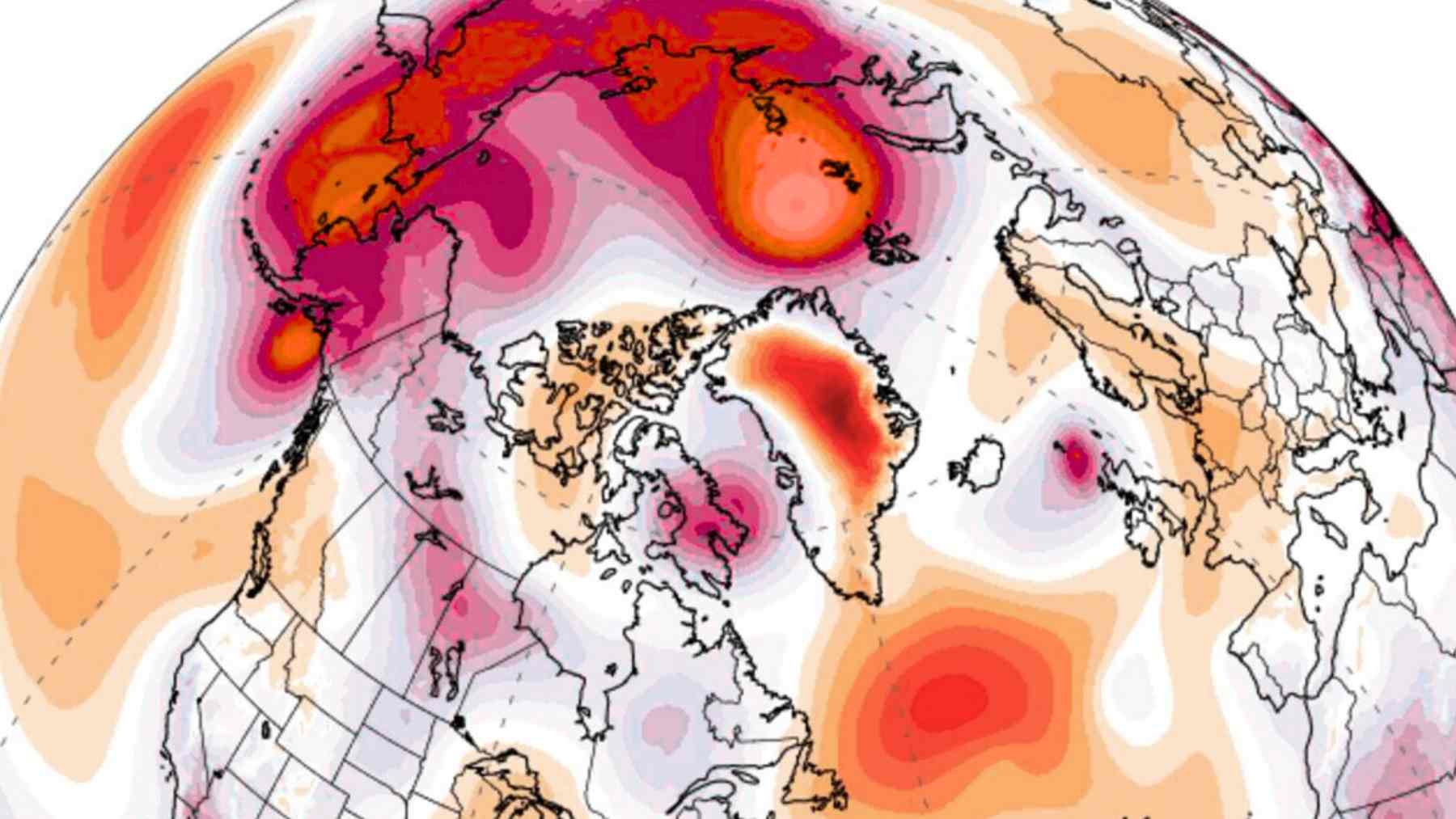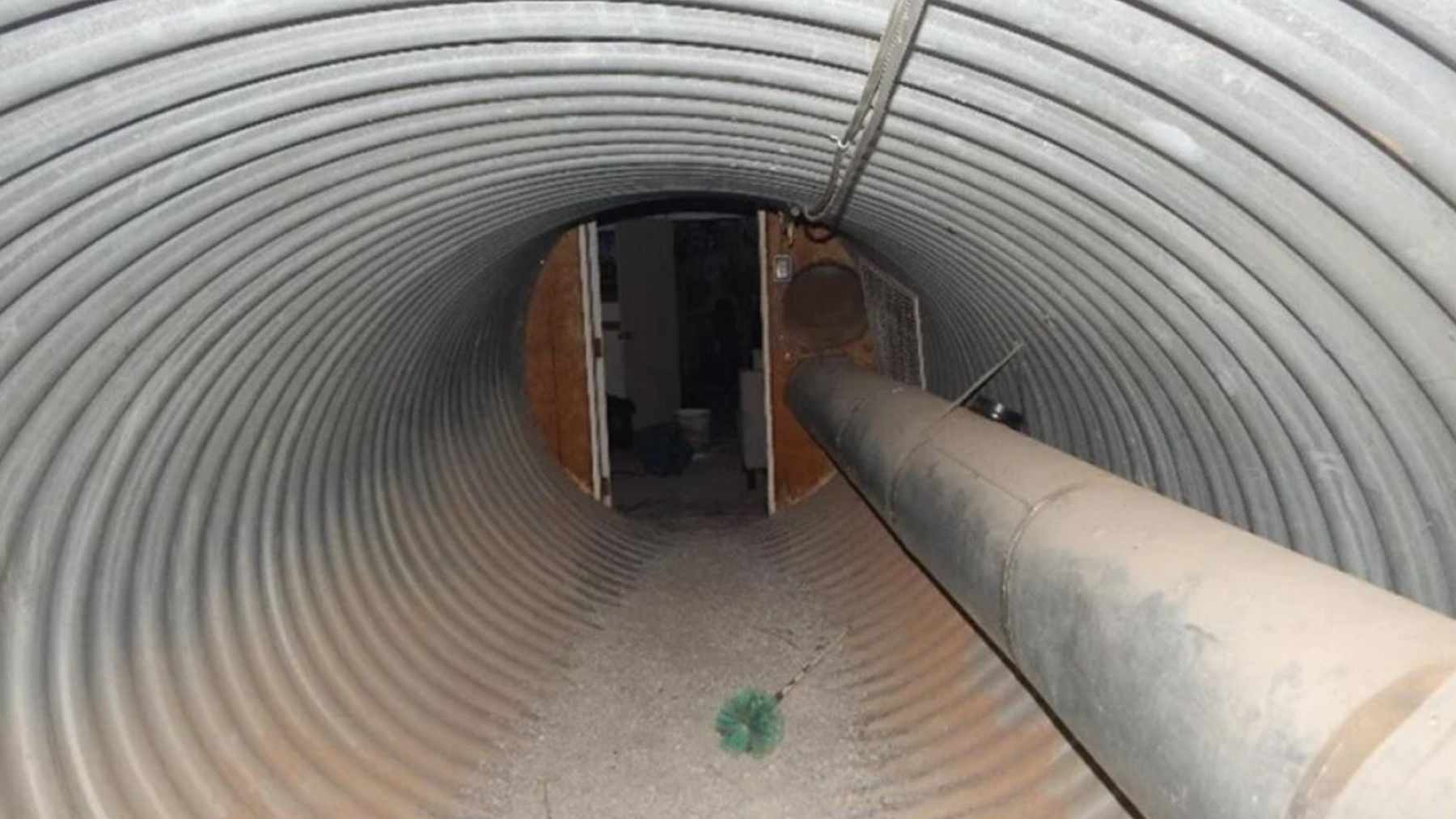It has long been speculated that the next great global conflict will centre around water. The availability of fresh, clean water is already a problem for much of the global population. As our water resources diminish, we are tasked with finding alternative sources of water to sustain our growing population. This company has developed a way to harvest 5000 gallons of water per day from thin air – literally.
As our water becomes scarcer, how do we sustain the global population?
Access to water is one of the clearest ways in which inequality manifests. Our fresh, drinkable water reserves are limited. Those who access and control them hold immense power over those who do not. As global temperatures rise as a result of climate change, these disparities have grown (seen in this water crisis facing Mexico).
Many potential solutions have been proposed to grant people more equitable access to fresh water. These range widely in terms of feasibility – anything from the creation of desalination plants to the transportation of glaciers from Antarctica to Southern Africa.
Genesis Systems has created a machine harvests extant water in the atmosphere for safe consumption. This machine could reduce reliance on, at times, unreliable rains so that water can be harvested wherever there is humidity. As rain patterns shift, access to water from humidity could be lifesaving.
How can water be harvested from air and is it enough?
A prototype of the WC-1000 WaterCube by Genesis Systems appeared at the Consumer Electronics Show (CES) OF 2024 in Las Vegas, Nevada. The floor model was over 3 feet tall and weighed 800 pounds. The company aims to create production models that are 200 pounds less heavy.
All the WC-1000 needs to operate is humidity in the air. Genesis Systems has designed models of this machine for both large-scale and small-scale use. The smaller model is intended for home use and can produce 100 gallons of water at 80 degrees Fahrenheit and 50% humidity.
The WaterCube can produce water from humidity as low as single digits. Though the floor model of the WC-1000 had a 50-gallon tank, the goal is to combine the WaterCube with a larger storage tank system to provide enough water to meet the needs of a household.
The WC-1000 WaterCube operates within a temperature range of 40 °F to 110 °F. Whether is it very cold or very hot, the machine will still be able to operate. The scalability of the design makes it suitable for anything form hospitals, to agriculture, to private residences.
At last, a solution to failing water infrastructure, but what’s the catch?
The WC-1000 WaterCube seems to be a silver bullet capable of resolving the centuries-old battle for water, but it comes at a cost – and quite a steep one at that. A preorder of the WaterCube will set you back a whopping $20,000.
The system can be financed through a monthly payment of $200 to $250 over several years. The average monthly water bill ranges from $30 to $300 each month. Purchasing a WaterCube system is really about thinking in terms of the long game.
The end result of purchasing a WaterCube is complete self-sufficiency. The WaterCube needs a supply voltage of 220V to 240V and a current draw of 22.0A to 100A. It has a power consumption of 52 kW. The energy input requirements can easily be met using solar power.
The water system paired with a solar system would make a household completely independent of the municipal water and electricity systems. Not only would this system reduce reliance on external parties for water, but it would also increase water resilience in the face of unstable water resources.
The future of water resources might not be as scary as we had thought
The future of water resources often looks bleak. Solutions like the WC-1000 WaterCube have the potential ensure access to water even as climate change unsettles established global weather patterns. Adding systems like this one (and this massive water purification project in America) to existing programmes that limit the misuse and abuse of water could increase equitable, universal access to drinking water.

